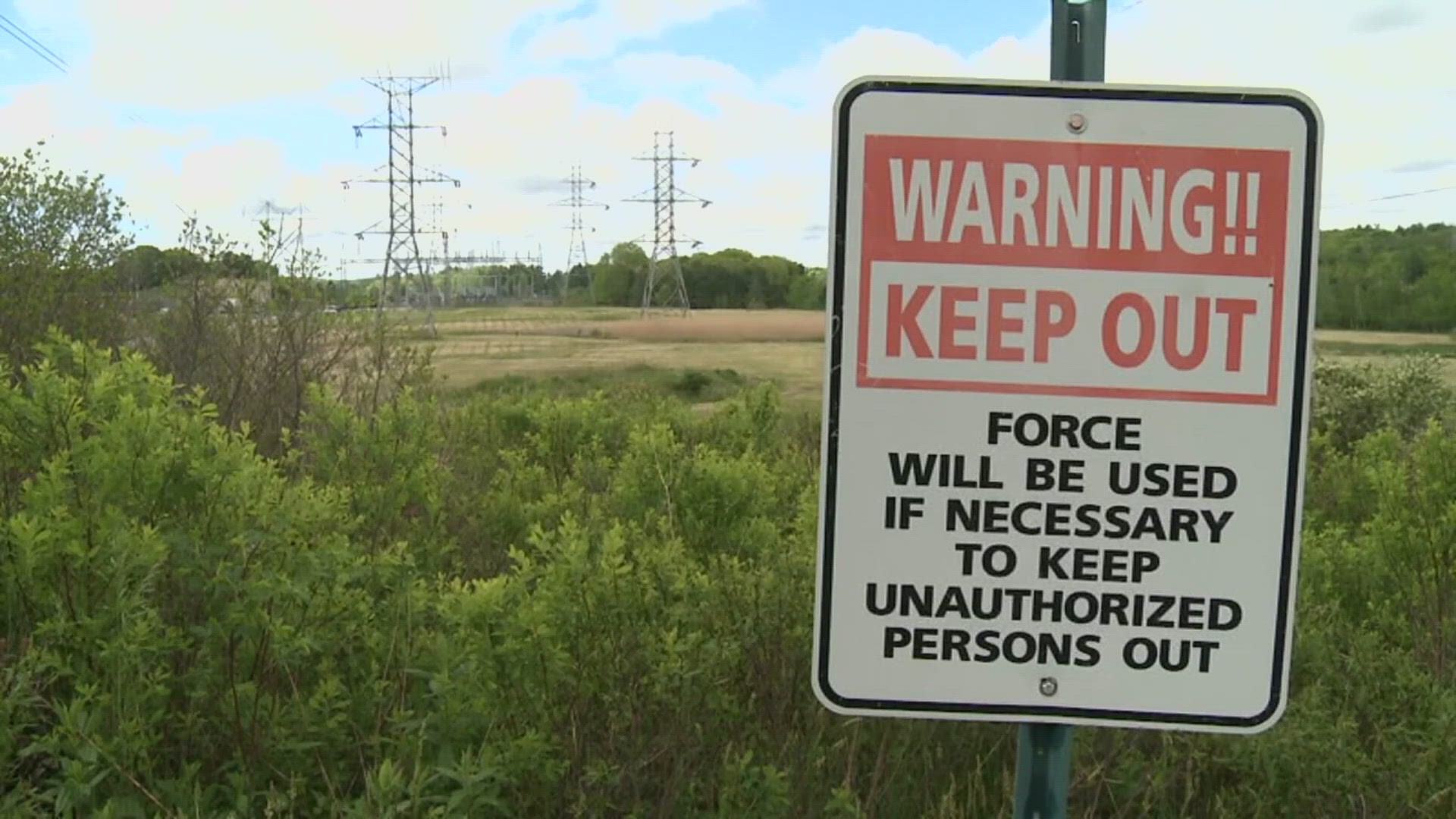AUGUSTA, Maine — The fight over how the owners of the decommissioned Maine Yankee Nuclear Power Plant should be taxed has made its way to the state house, with Wiscasset town representatives pushing for a bill Tuesday.
LD 2027, presented by Democratic state Sen. Cameron Reny, would redefine a prior statute that allows Maine Yankee to classify as an air pollution control facility.
The power plant has been paying property taxes through the Maine Yankee Trust Fund, which is funded through collections from New England electric rate payers; half of which are Maine residents.
Currently, the plant is looking to file a lawsuit against the federal government for reimbursements for its running costs and property taxes from 2022 and 2023. Other reimbursements for years prior up until 2017 are awaiting decision from the U.S. Court of Federal Claims, according to a representative from Maine Yankee.
The power plant has been decommissioned since the late '90s, with some testifying the plant should be considered a storage facility for nuclear energy.
"It's still in our town, and they still need to pay taxes ... and instead of that, they have gone and gotten an exemption," Select Board Chair Sarah Whitfield, who testified in favor of the bill Tuesday, said. "Really, the only people who lose here are the citizens of Wiscasset."
Whitfield and others in favor of the bill mentioned in testimony that similar power plants in surrounding states, such as the Connecticut Yankee Nuclear Power Plant in Haddam Neck, applied for similar tax credits but were denied because it is not considered a pollution control facility.
"While radiation emitted from the decaying of the spent fuel is harmful, radiation is not air pollution, it's energy," Town Manager Dennis Simons said in his testimony. "Granting Maine Yankee a tax exemption will not do anything to encourage it to more safely store its fuel."
However, testimony from Maine Yankee representatives say the ruling is justified through the Maine Department of Environmental Protection's judgment. As well, representatives pointed out that the radionuclides the power plant contains are currently classified under the federal Clean Air Act as hazardous air pollutants.
"And in fact [DEP and BEP] stated that the primary purpose of the facilities is pollution control," Maine Yankee representative Jim Mitchell testified.

